NFT Staking Games
Abstract: Join NFT Staking Games for exclusive digital art, earn rewards, and engage in a vibrant community!
Non-fungible tokens (NFTs) have revolutionized the digital ownership landscape, extending their influence far beyond the realm of digital art and collectibles to penetrate the gaming industry. This integration has led to the emergence of a novel concept known as NFT staking games, which blends traditional gaming elements with blockchain technology to offer a more engaging and potentially lucrative experience for players.
NFT staking games leverage the unique properties of NFTs, enabling players to earn rewards by participating in game activities while staking their digital assets. This innovative approach not only enhances player engagement through additional earning mechanisms but also contributes to the game's ecosystem by maintaining liquidity and increasing the intrinsic value of in-game assets.
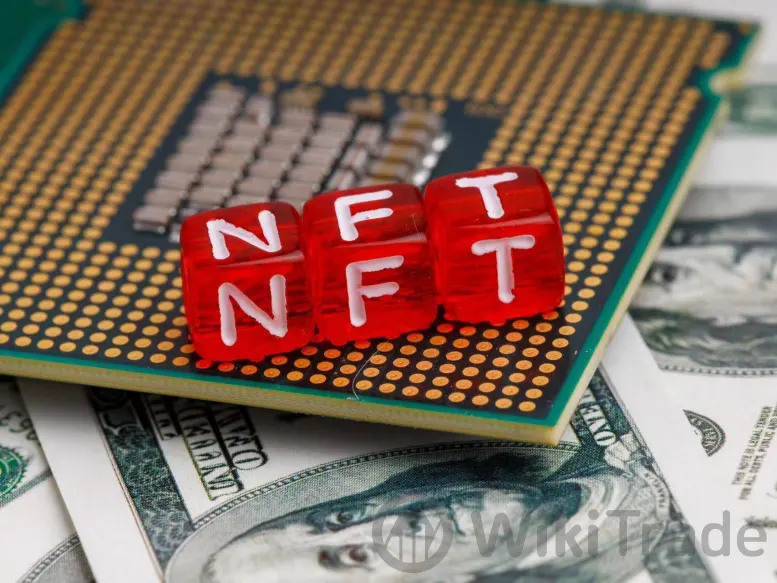
The Working Principles of NFT Staking Games
Definition of NFT Staking
NFT staking refers to the process where users lock up their NFTs within a game or a platform to receive rewards. These rewards can vary from in-game currency, new NFTs, or other crypto tokens. Unlike traditional gaming models where the value is predominantly derived from gameplay, NFT staking adds a layer of investment and return on assets, which appeals to both gamers and crypto enthusiasts.
Introduction to Gamification Mechanisms
In NFT staking games, gamification is critical as it significantly enhances the staking process. Gamification involves incorporating game design elements in non-game contexts, which in the case of NFTs, could mean tasks, challenges, or competitions where players can earn staking rewards based on their performance or the rarity and value of the NFTs they stake. This setup encourages players to engage more deeply with the game, fostering a more vibrant and active community.
Application of Blockchain Technology in NFT Staking
Blockchain technology underpins the entire mechanism of NFT staking games. It provides the necessary infrastructure for secure and transparent transactions, ensuring that the ownership and transfer of NFTs are immutable and traceable. Blockchain also facilitates smart contracts, which are self-executing contracts with the terms of the agreement directly written into lines of code. These smart contracts automate the staking process, reward distribution, and other game functions, reducing the need for intermediaries and enhancing trust among players.
The integration of blockchain with NFT staking not only secures transactions but also introduces a level of transparency that is not typical in traditional gaming. Players can verify the rarity and authenticity of the NFTs, trace ownership history, and see the mechanics of how rewards are distributed, all of which are crucial for building trust and credibility in the games ecosystem.
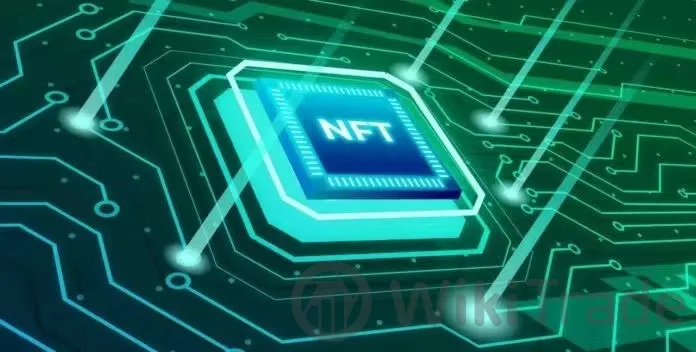
Main Benefits of NFT Staking Games
Opportunity for Passive Income
One of the most compelling benefits of NFT staking games is the opportunity they provide for generating passive income. Players can earn rewards simply by staking their NFTs within the games ecosystem. These rewards typically come in the form of in-game currency or new NFTs, which can either be used within the game or traded on various marketplaces for profit. This feature is particularly attractive to players who wish to monetize their time spent in gaming environments without the constant need for active participation.
Enhanced Player Engagement and Game Stickiness
NFT staking games significantly increase player engagement and game stickiness. By allowing players to stake their NFTs and earn rewards, these games create a continuous incentive for players to return. The longer the NFTs are staked, the greater the potential rewards, making players more likely to remain committed to the game long-term. Additionally, the interactive aspect of achieving and unlocking new levels or rewards based on staked assets adds an exciting layer to the gaming experience, keeping players engaged and motivated.
Boosting Liquidity and Value in the NFT Market
By integrating NFT staking into games, developers can boost both liquidity and value in the broader NFT market. Staking mechanisms encourage players to purchase, collect, and trade NFTs actively, which enhances liquidity. Moreover, as more players participate and stake their NFTs, the underlying value of these digital assets can increase due to heightened demand and reduced circulation on the open market. This dynamic helps establish a sustainable economy within the game while also potentially increasing the overall worth of NFTs.
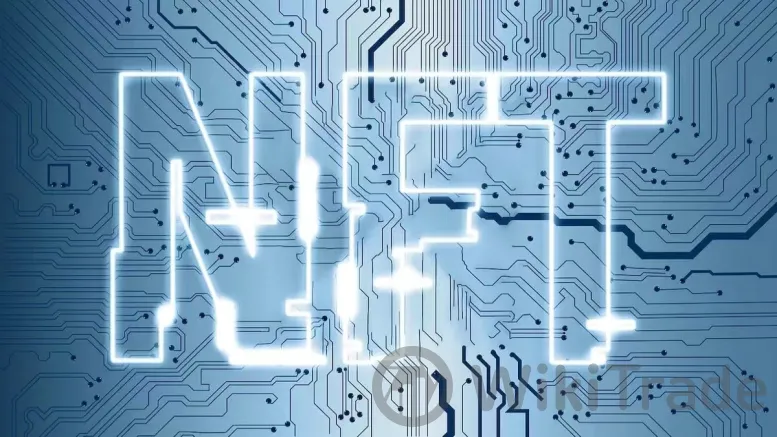
Case Studies of Major NFT Staking Games in the Market
Axie Infinity is a prominent example of an NFT staking game that has gained widespread popularity. In this game, players collect, breed, and battle creatures known as Axies, which are NFTs. Players can stake their Axes in battles to earn Smooth Love Potion (SLP), a type of cryptocurrency that can be used within the game or sold on various exchanges. The staking mechanism not only keeps the players engaged but also helps maintain a vibrant economy where the players' assets genuinely appreciate over time.
Decentraland offers another unique take on NFT staking games, focusing on virtual real estate. In this virtual world, players can purchase land parcels, also NFTs, and develop them to generate passive income through rentals or organizing paid events. The staking here is implicit in the investment in virtual land and the development of that land for various uses, which drives continuous engagement and contributes to the ecosystem's growth.
The Sandbox game utilizes a model similar to Decentraland but with a stronger emphasis on individual creativity and asset monetization. Players in The Sandbox can create, own, and monetize their gaming experiences using SAND, the platform's cryptocurrency. By staking their NFTs, players can earn income through various means such as charging entry fees for the experiences they build or selling unique in-game items they create.
Risks and Challenges of Investing in NFT Staking Games
Market Volatility
Investing in NFT staking games carries inherent risks due to the high volatility of the cryptocurrency and NFT markets. The value of NFTs can fluctuate widely in short periods, influenced by factors such as market trends, investor sentiment, and broader economic conditions. This volatility can result in significant financial risk for players and investors, as the assets they acquire could dramatically decrease in value overnight, potentially leading to substantial losses.
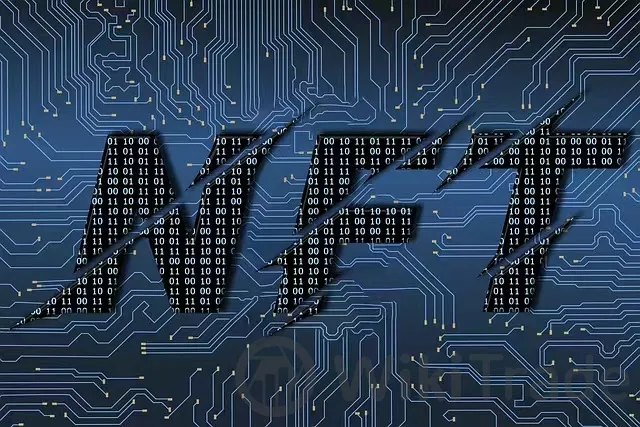
Technological Risks
The technology underlying NFT staking games is complex and often nascent. Issues such as smart contract vulnerabilities, blockchain instability, and potential technical failures can pose serious risks. Smart contracts, which automate most NFT transactions and staking processes, are particularly susceptible to bugs and hacking, which can lead to the loss of NFTs or staked funds. Moreover, as the technology evolves, older platforms may need to adapt or face obsolescence, potentially stranding investments.
Legal and Regulatory Issues
The legal landscape for NFTs and staking games is still developing, which presents another layer of risk. Many jurisdictions have yet to establish clear regulations regarding the use, trading, and taxation of NFTs, which can lead to unexpected legal challenges for players and developers. Additionally, regulatory actions can drastically alter the playing field, as seen with various crackdowns on cryptocurrency operations, potentially impacting the viability and profitability of NFT staking games.
Future Development Trends in NFT Staking Games
Technological Innovation
As the sector matures, technological advancements are expected to address current limitations and open new possibilities for NFT staking games. Innovations may include more secure and efficient blockchain networks, improved smart contract algorithms to reduce risks of bugs and hacks, and enhanced graphical fidelity in games to attract a broader audience. Furthermore, the integration of artificial intelligence could personalize gaming experiences and automate complex operations, enhancing both engagement and security.
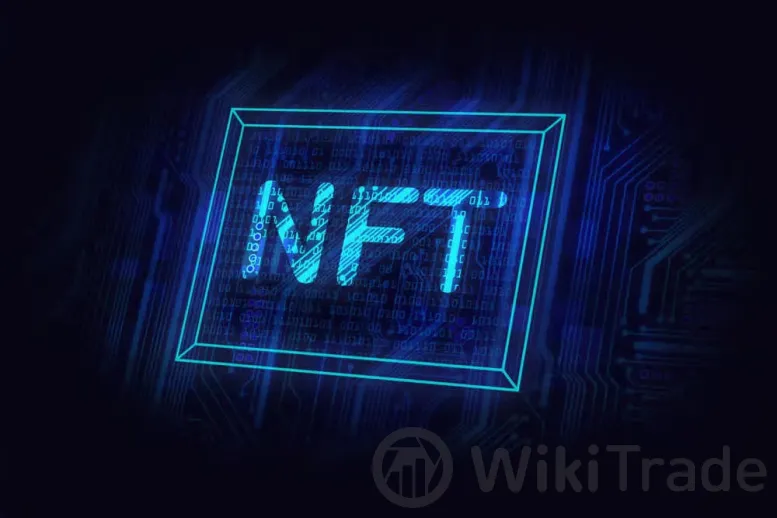
Regulatory Developments
The future of NFT staking games will also be shaped by evolving regulations. As governments and financial authorities better understand the impact and implications of blockchain technologies and digital assets, expect clearer and more consistent regulations. This could lead to greater stability in the market and potentially increase mainstream adoption of NFT staking games. Conversely, stringent regulations could stifle innovation and limit the growth of the sector.
Market Expansion
The market for NFT staking games is poised for expansion. Current trends suggest an increasing interest from traditional gamers and investors alike, driven by the allure of earning while playing and the novelty of collecting digital assets. As the user base grows and diversifies, new genres and styles of NFT staking games are likely to emerge, catering to a wider range of tastes and interests. This expansion will also be supported by strategic partnerships between gaming companies and blockchain platforms, further solidifying the presence of NFTs in the mainstream gaming industry.
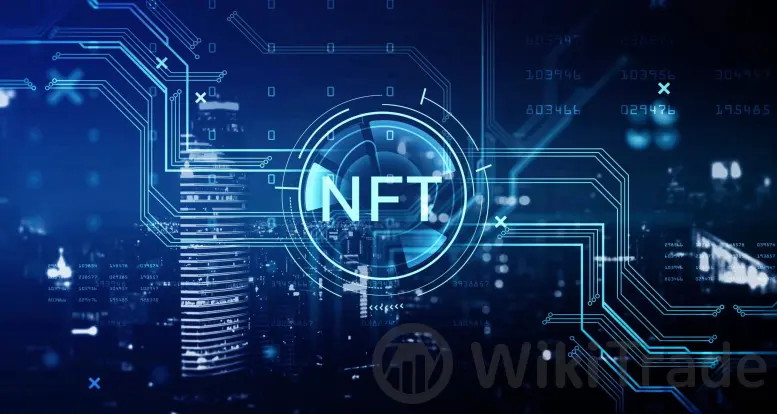
FAQs
What are NFT Staking Games?
NFT staking games are a type of digital platform where players can earn rewards by staking their non-fungible tokens (NFTs) within a gaming ecosystem. These games utilize blockchain technology to create a decentralized environment where NFTs, often representing various in-game assets such as characters, tools, or land, are used not just for gameplay but as investments. The staking mechanism allows players to lock up their NFTs for a period to support the games network or particular in-game functionalities, earning passive rewards in the form of cryptocurrencies or other NFTs based on the duration and value of the stake.
How to Participate in NFT Staking Games?
To participate in NFT staking games, individuals must first purchase or acquire NFTs compatible with the game they wish to engage in. This typically involves:
Setting up a digital wallet that supports NFTs and cryptocurrency transactions.
Buying or trading NFTs on various platforms, such as OpenSea, Rarible, or directly through specific game marketplaces.
Connecting the wallet to the games platform to enable staking.
Staking the NFTs in the game according to the rules and mechanisms specified by the game developers, which often involves locking the NFTs into a smart contract where they remain for a set period.
What are the Benefits of NFT Staking Games?
The benefits of participating in NFT staking games can be substantial, offering both entertainment and financial returns:
Passive income: Players can earn rewards in the form of digital currencies or additional NFTs simply by staking their existing NFTs.
Increased NFT value: Participating in games can increase the desirability and, consequently, the market value of the staked NFTs based on their in-game utility and rarity.
Enhanced gaming experience: Combining traditional gaming elements with blockchain technology offers a unique, immersive experience where players can genuinely own and trade in-game assets, adding a layer of strategy to the gaming experience.
What Risks Are Involved in Investing in NFT Staking Games?
Investing in NFT staking games involves several risks:
Market volatility: Like any cryptocurrency-related investment, the value of NFTs can fluctuate wildly due to external market factors.
Liquidity issues: Some NFTs might be hard to sell, especially if they lose popularity or if the gaming platform declines.
Technical risks: Bugs or exploits in smart contracts can lead to loss of NFTs or failure of the staking process.
Regulatory uncertainty: Changes in laws and regulations affecting cryptocurrencies and NFTs could impact the viability or legality of NFT staking games.
What is the Future Direction of NFT Staking Games?
The future of NFT staking games looks promising with several development directions anticipated:
Technological advancements: Improvements in blockchain technology will likely enhance the security and efficiency of NFT staking games.
Greater integration with traditional gaming: As blockchain becomes more mainstream, more traditional gaming platforms may adopt NFT staking mechanisms.
Expansion of genres and formats: New types of NFT staking games will likely emerge, expanding beyond the current genres to include more diverse and complex gaming experiences.
Regulatory clarity: As the legal framework around NFTs and digital assets evolves, clearer regulations will likely provide a more stable environment for investors and players.
Here are some related information resources.
https://youtu.be/NOKo08LP5Rk?si=jXg-EGTCCWP00SEr
https://spintop.network/gamepedia/genre/strategy?gad_source=1&gclid=EAIaIQobChMIoN32uJmIhwMV6F8PAh1mjwz5EAAYAiAAEgKZPfD_BwE




Top News
 WikiTrade
WikiTrade WikiTrade
WikiTrade WikiTrade
WikiTrade WikiTrade
WikiTrade WikiTrade
WikiTrade WikiTrade
WikiTrade WikiTrade
WikiTrade WikiTrade
WikiTrade WikiTrade
WikiTrade WikiTrade
WikiTrade


